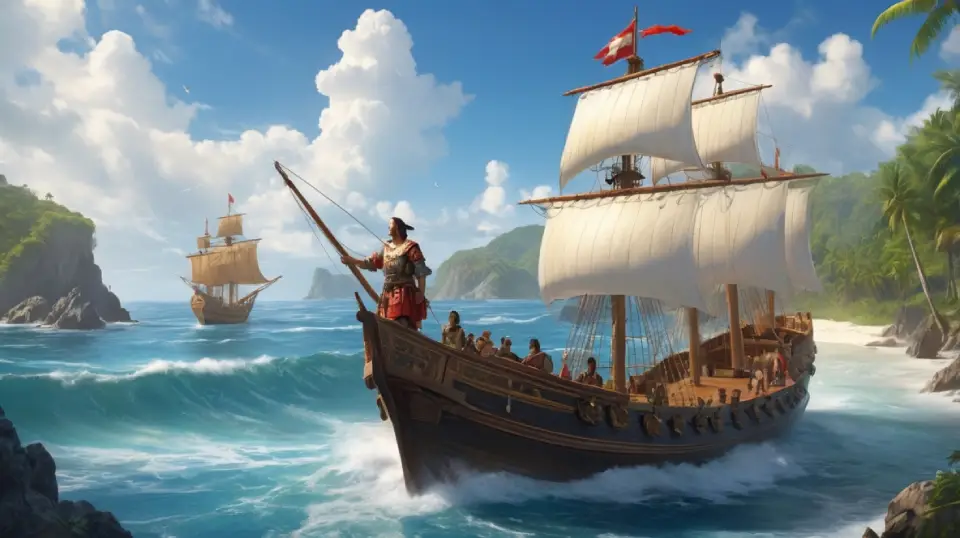Labor Day: Honoring Workers and Celebrating Contributions
Labor Day stands as a tribute to the dedication, resilience, and achievements of workers across the United States. This annual holiday not only marks the unofficial end of summer but also serves as a poignant reminder of the labor movement’s role in shaping the nation. Let’s explore the origins, significance, and ways we celebrate this iconic day.
| Year | Day of the Week | Date of Observance | Holiday Status |
|---|---|---|---|
| 2024 | Monday | September 2, 2024 | Federal Holiday |
| 2025 | Monday | September 1, 2025 | Federal Holiday |
| 2026 | Monday | September 7, 2026 | Federal Holiday |
| 2027 | Monday | September 6, 2027 | Federal Holiday |
| 2028 | Monday | September 4, 2028 | Federal Holiday |
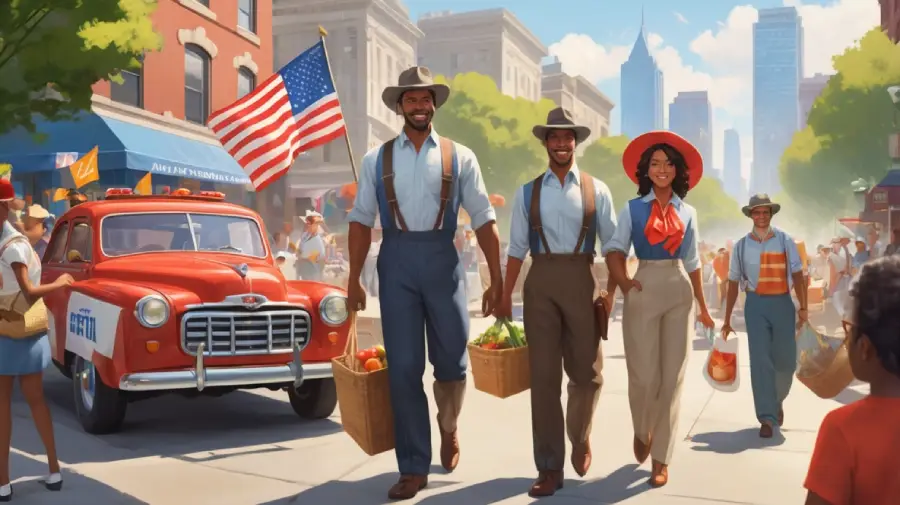
What Is Labor Day?
Labor Day, observed on the first Monday of September, honors the contributions of American workers to the prosperity and well-being of the nation. It is both a federal holiday and a day to recognize the rights and achievements of the labor force.
Why Was Labor Day Created?
The origins of Labor Day trace back to the late 19th century during the Industrial Revolution. This era saw rapid industrial growth but also brought challenging working conditions for many.
Key Reasons for Establishing Labor Day:
- Advocating for Workers’ Rights: Labor unions fought for fair wages, reasonable hours, and safer working environments.
- Recognizing Contributions: It became a way to acknowledge the hard work and sacrifices of laborers.
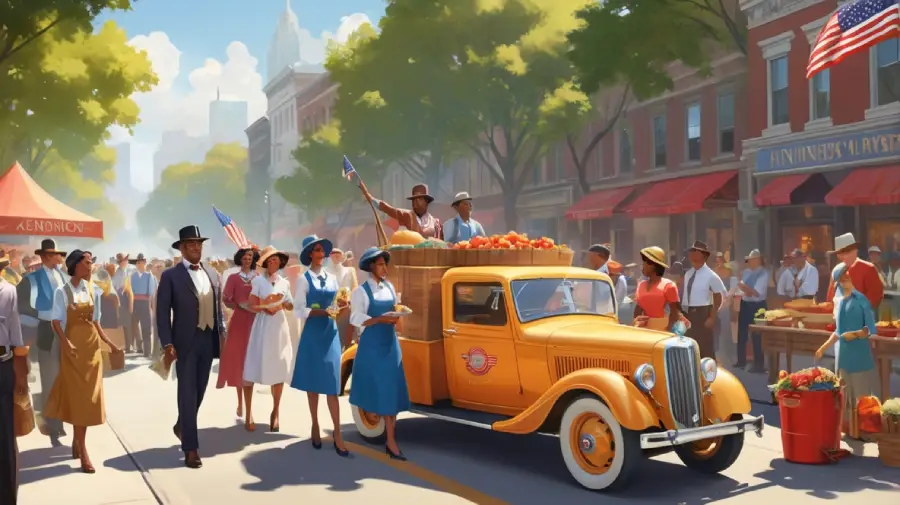
The History of Labor Day
The Labor Movement
The labor movement’s emergence in the late 1800s played a pivotal role in establishing Labor Day. Workers banded together to demand better conditions and recognition of their rights.
The First Labor Day Parade
- When: September 5, 1882
- Where: New York City
- What Happened: Thousands of workers took to the streets to rally for fair treatment and celebrate their collective efforts.
Federal Recognition
In 1894, President Grover Cleveland signed Labor Day into law as a national holiday following the Pullman Strike, a turning point in labor relations.
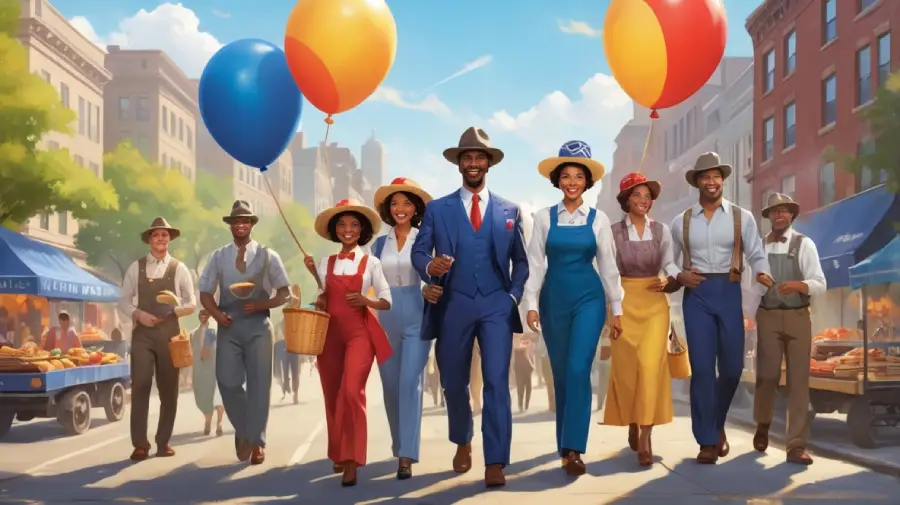
Significance of Labor Day
Labor Day is more than a day off; it’s a celebration of the workforce’s vital role in building the country. From infrastructure to technological innovation, workers form the backbone of America’s success.
Economic Contributions
Labor Day underscores the economic impact of hardworking individuals in industries ranging from agriculture to technology.
Social Impact
It’s also a reminder of the social advancements driven by the labor movement, such as child labor laws and the eight-hour workday.
How Do We Celebrate Labor Day?
1. Parades and Events
Many cities host parades to honor workers. These events often feature floats, marching bands, and community groups.
2. Family Gatherings
Labor Day is synonymous with barbecues, picnics, and quality time spent with loved ones. It’s the perfect occasion to relax and enjoy the fruits of hard work.
3. Retail Sales
Labor Day weekend is also a major shopping event, with retailers offering discounts on everything from clothing to electronics.
4. Reflecting on Achievements
Take a moment to appreciate the contributions of workers throughout history. Whether it’s reading about labor rights or visiting a museum, there’s always something new to learn.
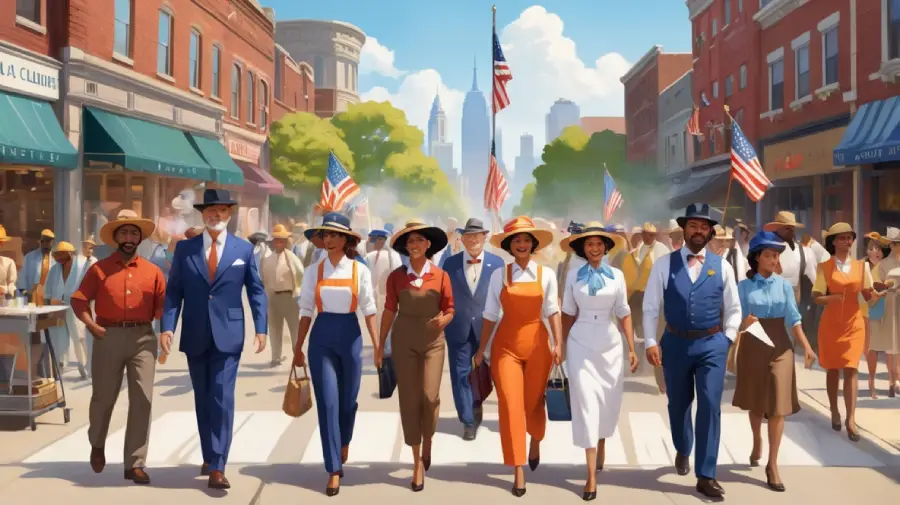
Labor Day and the End of Summer
Seasonal Transition
For many, Labor Day marks the unofficial end of summer. Schools reopen, and the season’s leisurely pace gives way to new routines.
Outdoor Activities
From beach trips to hiking adventures, people take advantage of the long weekend to soak up the last rays of summer sunshine.
The Global Perspective
While Labor Day in the U.S. is celebrated in September, many countries observe International Workers’ Day on May 1st. Despite the difference in dates, the sentiment of honoring labor remains universal.
May Day vs. Labor Day
- May Day: Celebrated in Europe, Asia, and Latin America, focusing on workers’ solidarity.
- Labor Day: Unique to North America, emphasizing the achievements of the American workforce.
The Future of Labor Day
As work environments evolve with technological advancements, Labor Day continues to remind us of the enduring value of human effort. From remote work trends to discussions about work-life balance, the holiday’s relevance persists.

